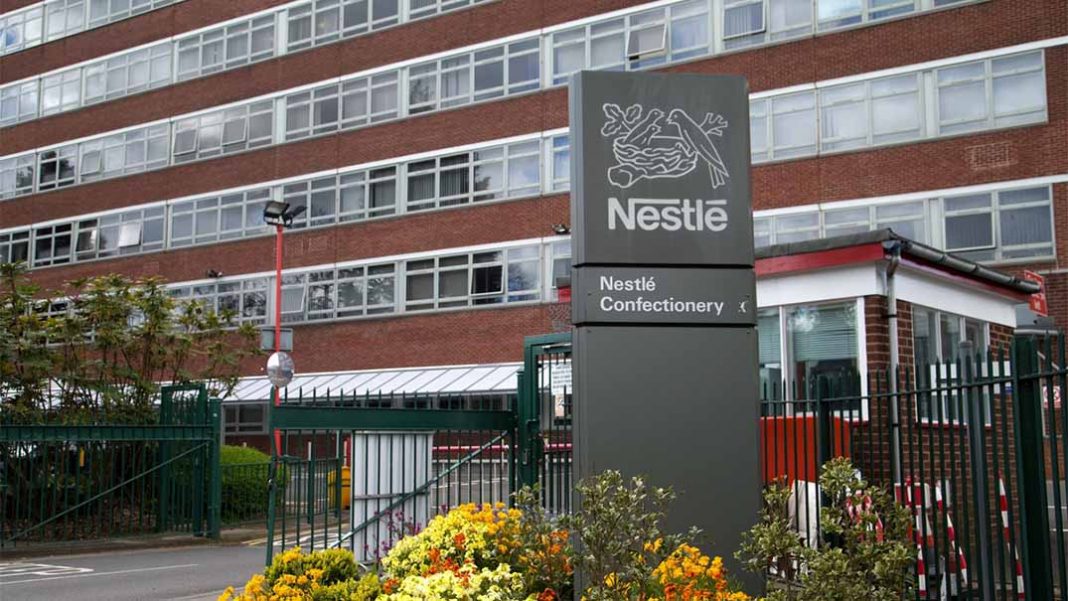Nestlé has partnered with ofi (Olam Food Ingredients) to launch a new project aimed at reducing carbon emissions and halting deforestation in their cocoa supply chain. This initiative, focused on agroforestry, will engage around 25,000 cocoa farmers across Brazil, Côte d’Ivoire, and Nigeria, helping them transition to regenerative farming practices that integrate trees with pastures and crops.
As one of the world’s largest cocoa consumers, Nestlé sources approximately 430,000 tons of cocoa annually, with a significant portion coming from Ghana and Côte d’Ivoire. The collaboration with ofi builds on a 15-year relationship between the companies focused on sustainable cocoa production. The new project will involve training farmers on climate-smart agricultural techniques and broader environmental sustainability issues, while incentivising them financially to plant and maintain forest trees.
Through this partnership, Nestlé and ofi aim to plant 2.8 million trees and cultivate over 72,000 hectares of agroforestry, contributing to a significant reduction in CO2 emissions. The companies estimate that the programme will cut more than 1.5 million tonnes of CO2 over the next 30 years.
Nestlé’s ongoing sustainability efforts are aligned with its commitment to reach net-zero emissions by 2050. The company has set targets to reduce emissions by 20% by 2025 and by 50% by 2030, with a particular focus on tackling emissions from ingredient sourcing. More than 70% of Nestlé’s total greenhouse gas emissions stem from its supply chain, with agricultural land use change accounting for a substantial portion.
This new project is part of Nestlé’s broader strategy to support regenerative agriculture, prevent deforestation, and conserve natural habitats, as the company works toward building a more sustainable and responsible cocoa supply chain.


